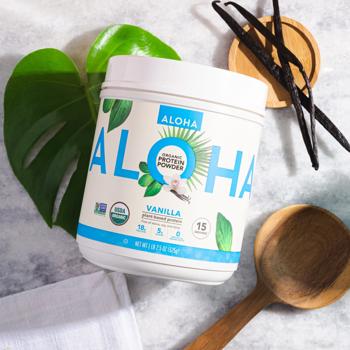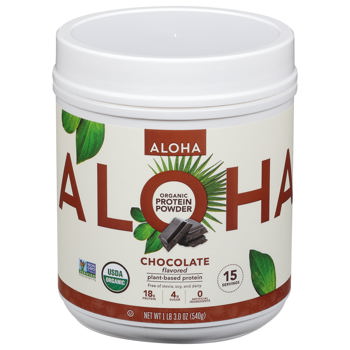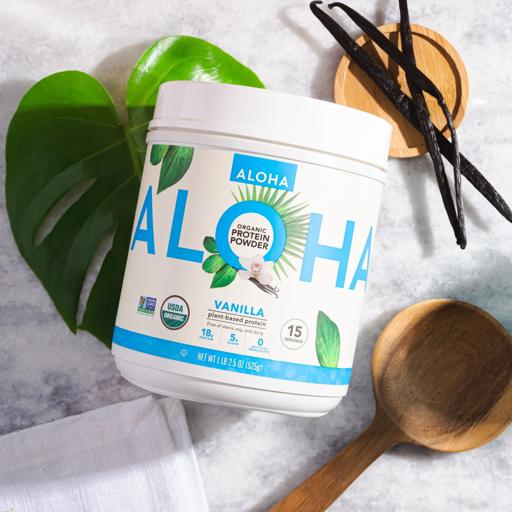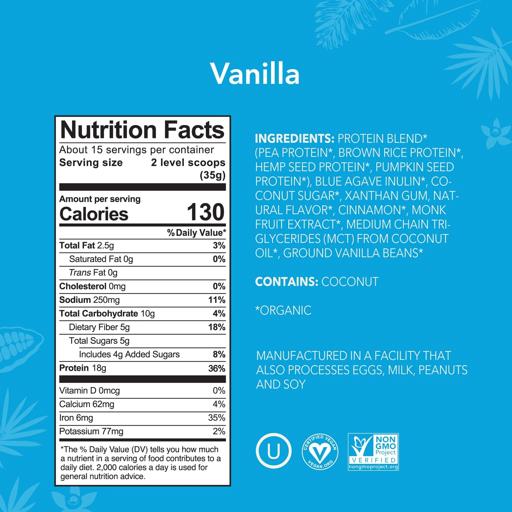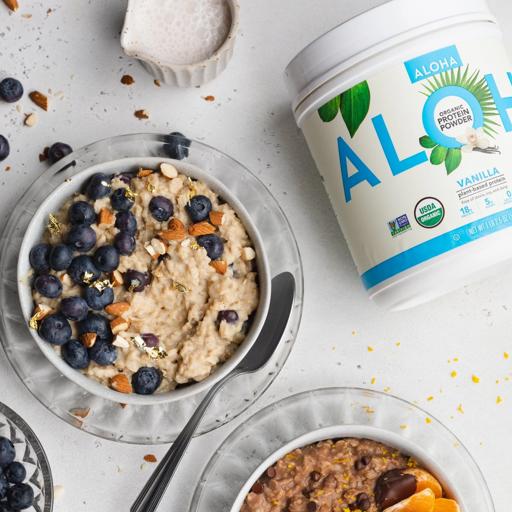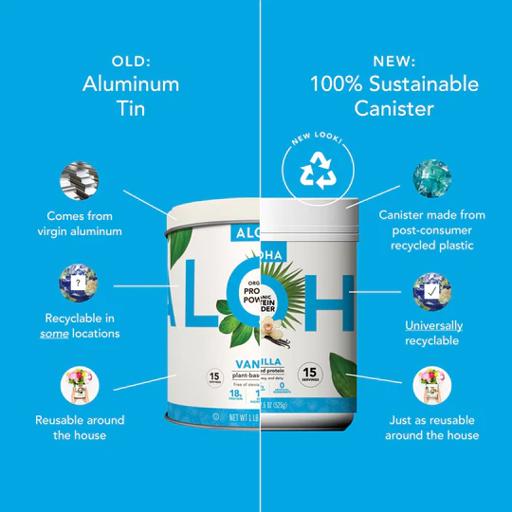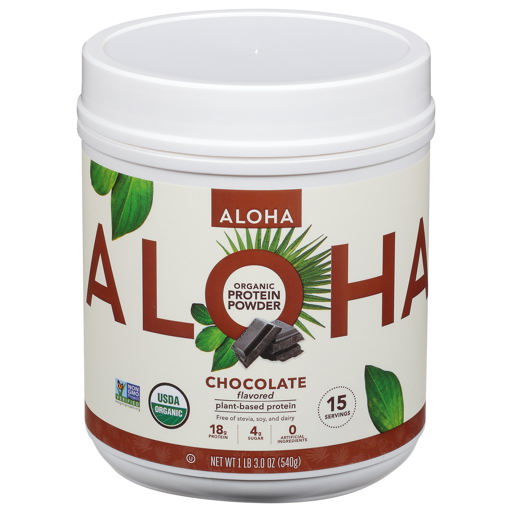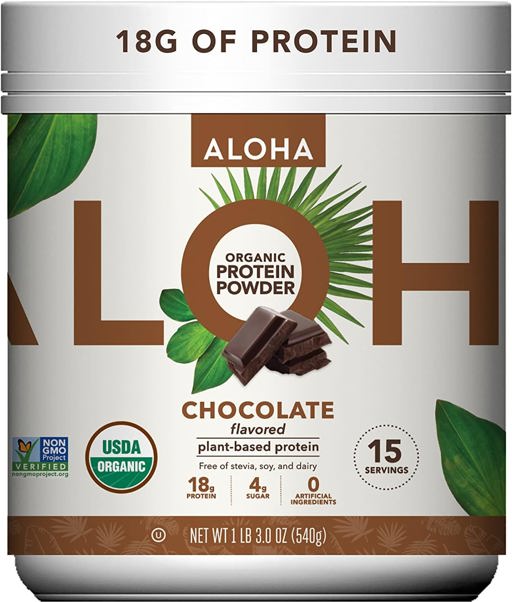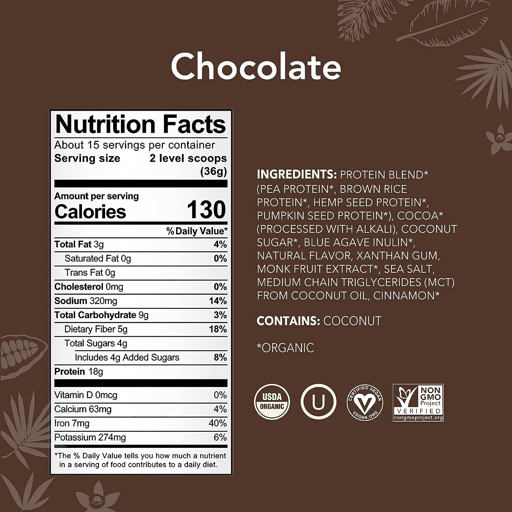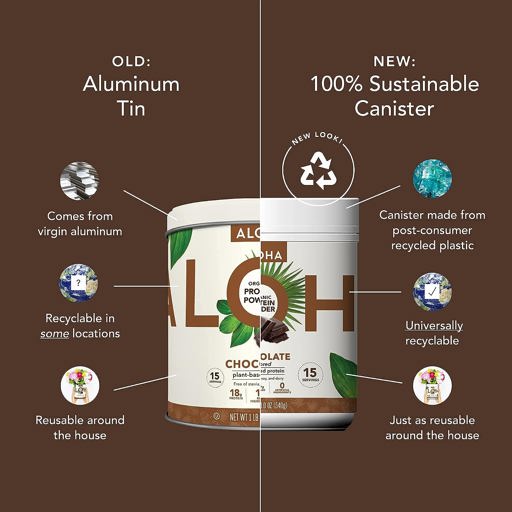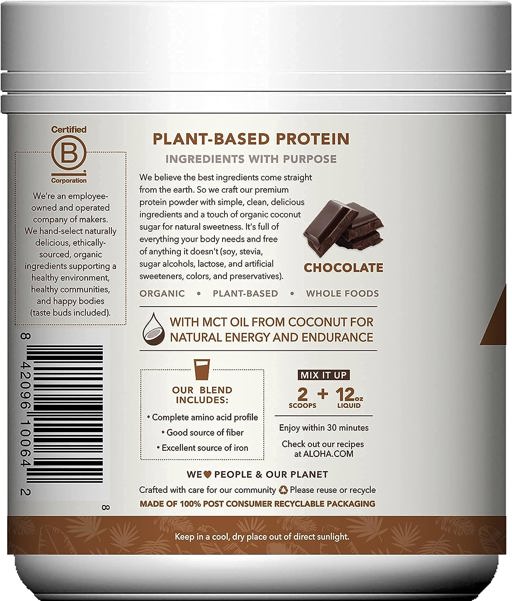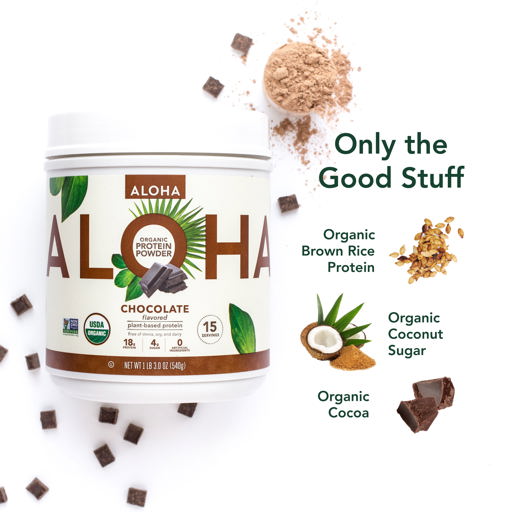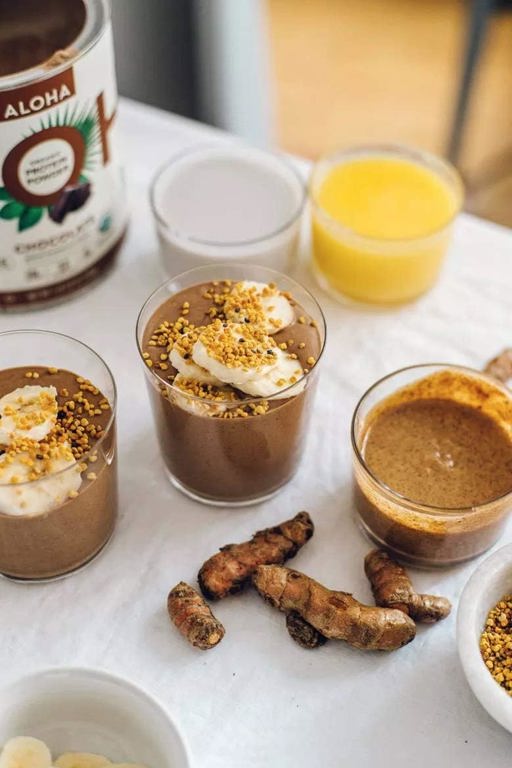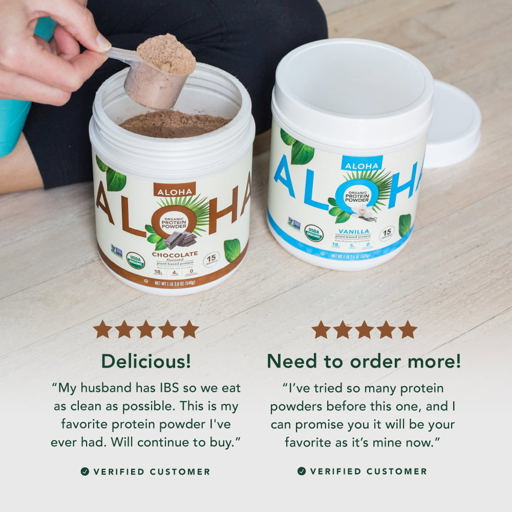Bestsellers for Protein Powders
How Plant Protein Aids Weight Loss
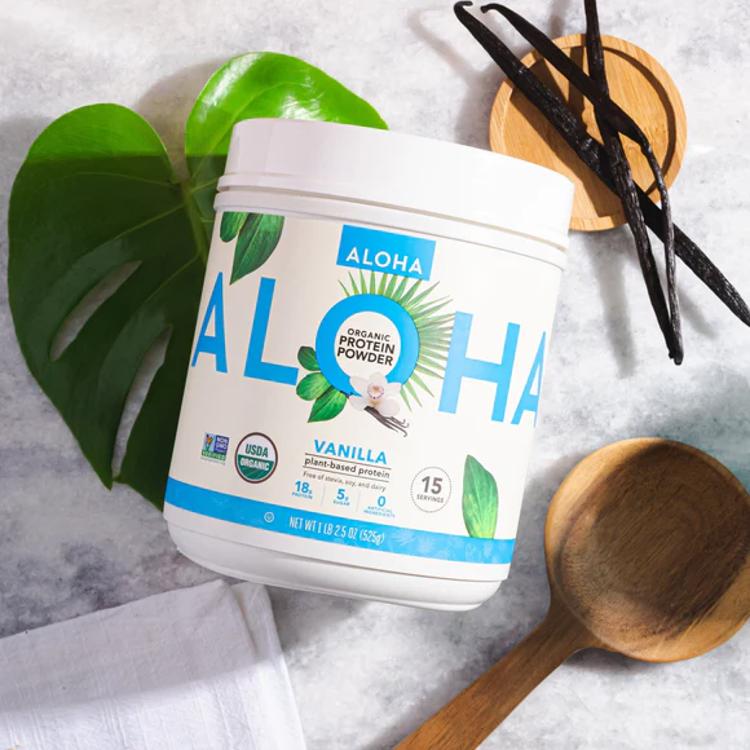
Plant proteins are an excellent choice for weight loss due to several factors. Firstly, plant-based proteins are generally lower in calories and fat compared to animal-based proteins. This means you can consume a larger volume of plant protein without consuming excessive calories, helping to create a calorie deficit for weight loss. Additionally, plant proteins are typically high in fiber, which helps promote feelings of fullness and satiety. Fiber also slows down digestion, which can help control blood sugar levels and prevent sudden spikes in hunger. Lastly, plant proteins are often rich in essential nutrients, vitamins, and minerals, which are important for overall health and wellbeing during weight loss.
Feeling Full with Plant Proteins

Feeling full and satisfied is crucial when trying to lose weight, and plant proteins can help achieve that. Plant-based proteins, such as beans, lentils, quinoa, and hemp seeds, are rich in fiber, which adds bulk to your meals and helps you feel fuller for longer. Fiber also slows down digestion, preventing rapid spikes in blood sugar levels and reducing cravings. Additionally, plant proteins often contain a good balance of macronutrients, including carbohydrates and healthy fats, which can further aid in creating a sense of fullness and satisfaction.
Integrating Plant Protein into Weight Loss Diets

1. Swap Meat for Legumes: Replace meat in your meals with legumes like lentils, chickpeas, and black beans. These are not only high in protein but also rich in fiber, making them a filling and nutritious choice.
2. Incorporate Plant-Based Protein Powders: Add a scoop of plant-based protein powder, such as ALOHA's vanilla or chocolate flavor, to your smoothies or shakes. This is a convenient way to increase your protein intake without adding excessive calories.
3. Snack on Nuts and Seeds: Include a variety of nuts and seeds in your diet, such as almonds, chia seeds, and pumpkin seeds. These are not only packed with protein but also provide healthy fats and essential nutrients.
4. Make Vegetables the Star: Build your meals around vegetables and use them as the main source of protein. For example, opt for grilled tofu or tempeh, roasted chickpeas, or stir-fried edamame.
5. Experiment with Whole Grains: Incorporate whole grains like quinoa, brown rice, and amaranth into your meals. These grains provide a good amount of protein along with fiber and other essential nutrients.
Weight Management with Plant-Based Diets
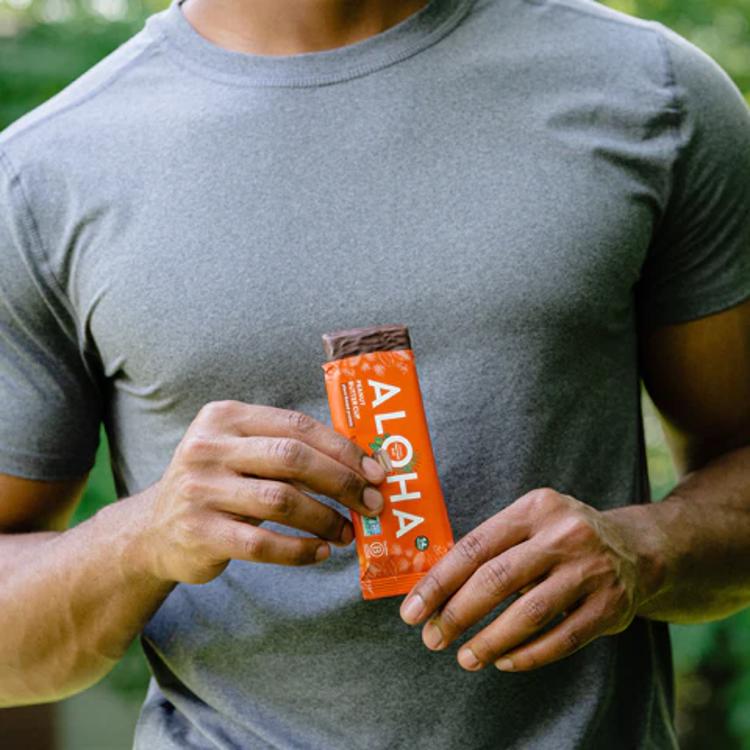
Prebiotic and probiotic plant protein foods play a significant role in weight management. Prebiotics, such as fiber-rich vegetables, fruits, and whole grains, serve as food for the beneficial bacteria in our gut. These bacteria help maintain a healthy gut microbiome, which is important for digestion and nutrient absorption. Probiotics, on the other hand, are live bacteria that provide additional health benefits when consumed. Fermented plant-based foods like sauerkraut, kimchi, and tempeh are rich in probiotics and can support a healthy gut, aiding in weight management.
Plant Protein Diet for Weight Management FAQs
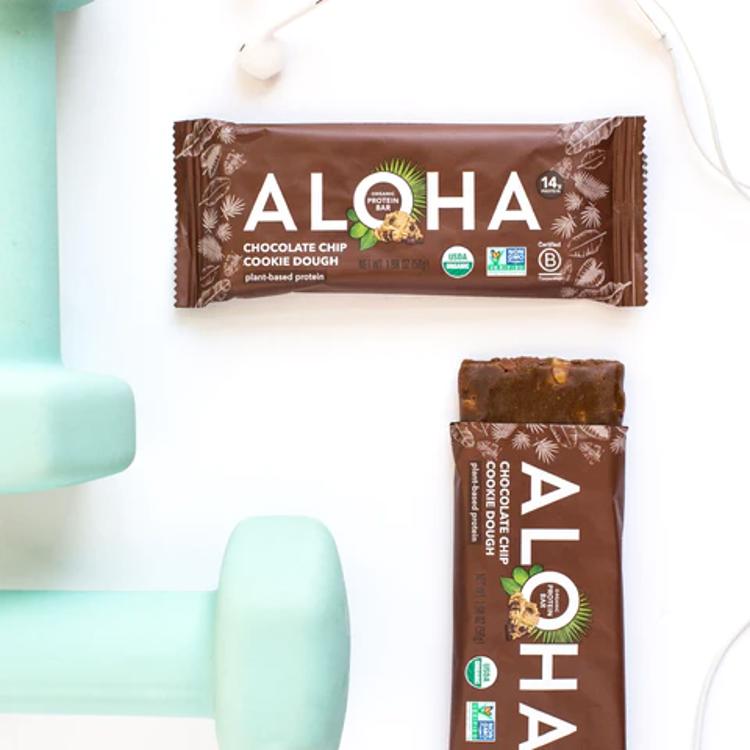
Can plant protein help with weight loss?
Plant protein can indeed aid in weight loss due to its lower calorie and fat content compared to animal-based proteins. Additionally, plant proteins are high in fiber, which promotes feelings of fullness and satiety, helping to control hunger and prevent overeating.
How can plant proteins make me feel full?
Plant proteins, especially those high in fiber like legumes, quinoa, and hemp seeds, add bulk to your meals and slow down digestion. This leads to a longer-lasting feeling of fullness and satisfaction. Fiber also helps control blood sugar levels and reduces cravings.
How do I incorporate plant protein into my weight loss diet?
You can incorporate plant protein into your weight loss diet by swapping meat for legumes, adding plant-based protein powders to smoothies, snacking on nuts and seeds, making vegetables the star of your meals, and experimenting with whole grains like quinoa and brown rice.
What are prebiotic and probiotic plant protein foods?
Prebiotic plant protein foods, such as fiber-rich vegetables and whole grains, serve as food for the beneficial bacteria in our gut, supporting a healthy gut microbiome. Probiotic plant protein foods, like fermented vegetables and tempeh, contain live bacteria that provide additional health benefits when consumed.
How can ALOHA's plant-based protein powders support weight management?
ALOHA's plant-based protein powders are made with prebiotics and 12 whole food ingredients, promoting a healthy gut microbiome and aiding in digestion. These powders offer a convenient way to incorporate essential nutrients into your weight management diet.
ALOHA Buying Guide

Protein powders offer a wide range of benefits, from supporting muscle growth to providing a convenient source of nutrition. When choosing a protein powder, there are several factors to consider. First, determine your goals. Are you looking to build muscle, lose weight, or simply improve your overall health? This will help you choose the right type of protein powder for your needs.
Next, consider your dietary preferences. If you follow a vegan or vegetarian lifestyle, opt for a plant-based protein powder. These powders are made from sources such as peas, rice, or hemp, and provide all the essential amino acids needed for muscle growth and repair. On the other hand, if you consume animal products, whey protein is a popular choice due to its high bioavailability and complete amino acid profile.
It's also important to check the ingredient list. Look for protein powders that are organic, non-GMO, and free from artificial additives and sweeteners. This ensures that you're getting a clean and nutritious product. Additionally, consider any specific allergies or intolerances you may have. Many protein powders are available in gluten-free, dairy-free, and soy-free options.
Lastly, taste and texture are important factors to consider. Protein powders come in a variety of flavors, so choose one that you enjoy. Some powders may have a gritty or chalky texture, while others are smoother. Reading reviews and trying samples can help you find a protein powder that suits your taste preferences.
Vanilla Protein Powder
ALOHA Organic Plant-Based Protein Powder is a vegan protein powder with 18g of clean, organic, plant-based protein per pouch. It contains 200mg omega-3s and provides an excellent source of magnesium & iron. It is also USDA Certified Organic Non-GMO, Gluten-Free, Dairy-Free, Soy-Free and Vegan.
The ALOHA Organic Plant-Based Protein Powder is an ideal supplement for those looking to promote lean muscle development. Each pouch provides 18g of clean, organic, plant-based protein alongside 200mg of omega 3s and essential minerals such as magnesium and iron. This vegan protein powder is also certified organic by the USDA meaning it contains no preservatives or artificial ingredients. It is also gluten free, dairy free, soy free and vegan friendly! All these features make the ALOHA Organic Plant Based Protein Powder an easy choice for anyone looking for a healthy source of nutrition.
- Organic and Plant-Based ingredients promote a healthier lifestyle
- The delicious Vanilla flavor adds a sweet touch to your protein shakes
- As it is a Protein Powder, it helps in muscle recovery and growth
- A good source of protein for those on a vegan or vegetarian diet
- At 1.14 Pounds (518g), it provides a good quantity that lasts for an extended period
- Packaging is sturdy and ensures the product remains fresh
- The product is easy to mix with water, milk, or any preferred beverage without forming lumps.
Chocolate Protein Powder
Plant-Based Protein Powder with Organic Chocolate, Keto Friendly, Vegan, Gluten Free, Non-GMO, Stevia Free & Erythritol Free, Soy Free, Dairy Free and Only 4g Sugar.
This Plant-Based Protein Powder is an excellent choice for those looking for a healthy and delicious way to get their daily protein intake. It is vegan and contains no soy or dairy meaning it can be enjoyed by most dietary restrictions. Plus it is keto friendly with only four grams of sugar per serving! It also contains MCT oil giving it a boost of natural energy that will keep you going throughout the day. Finally, this product is free from both stevia and erythritol making it a great choice for those who want to avoid artificial sweeteners.
- Plant-Based: The protein powder is vegan-friendly, making it suitable for those following a plant-based lifestyle.
- Keto Friendly: With MCT Oil included, it is ideal for those on a ketogenic diet.
- Low Sugar: Containing only 4g of sugar, it's an excellent option for people looking to limit their sugar intake.
- Gluten and Soy Free: This product is perfect for those with dietary restrictions as it's free from gluten and soy.
- Dairy Free: Being dairy-free makes it an excellent choice for lactose-intolerant individuals or those avoiding dairy.
- Non-GMO: The protein powder is non-GMO, indicating a commitment to natural ingredients and health.
- Free from Stevia and Erythritol: This product does not contain stevia or erythritol, making it a great choice for those who prefer to avoid these sweeteners.

